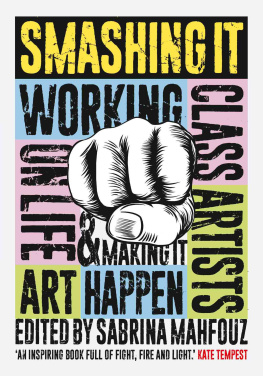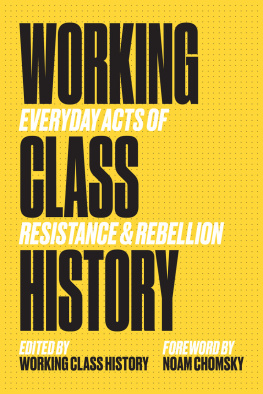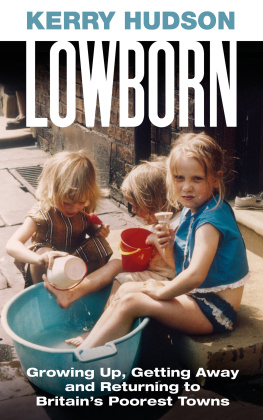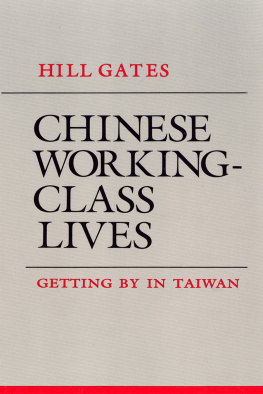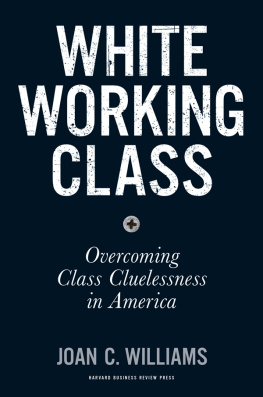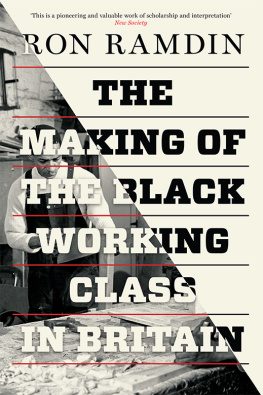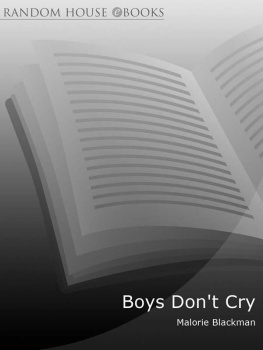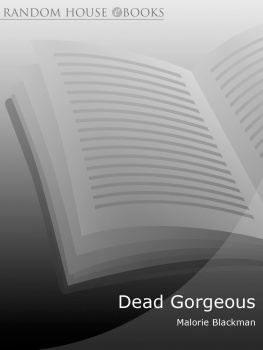CONTENTS
Sabrina Mahfouz
Madani Younis
Making It Happen
Raymond Antrobus
Life
Travis Alabanza
Life
Maxine Peake
Making it Happen
Maureen Duffy
Art
Riz Ahmed
Life
Hassan Hajjaj
Art
Rabiah Hussein
Making it Happen
Kerry Hudson
Life
Joelle Taylor
Art
Michaela Coel
Making it Happen
Emma Dennis-Edwards
Life
Fran Lock
Art
Chimene Suleyman
Life
Jenni Fagan
Art
Courttia Newland
Life
Wiley
Art
Omar Hamdi
Life
David Loumgair
Making it Happen
Monsay Whitney
Art
Bridget Minamore
Life
Marvell Fayose
Making it Happen
Paul McVeigh
Art
Sabeena Akhtar
Making it Happen
Anthony Anaxagorou
Art
Malorie Blackman
Making it Happen
Rebecca Strickson
Art
Salena Godden
Life
Aakash Odedra
Art
Lisa Luxx
Making it Happen
Joelle Taylor
Art
Sabrina Mahfouz
Making it Happen
Sabrina Mahfouz
Sabrina Mahfouz grew up between London and Cairo. She is a playwright, poet, screenwriter and performer who has recently been elected a Fellow of the Royal Society of Literature and is the recipient of the 2018 Kings Alumni Arts & Culture Award for inspiring change in the industry. She has been shortlisted for the Arts Foundation Award for Performance Poetry and has won a Sky Arts Academy Award for Poetry, a Westminster Prize for New Playwrights and a Fringe First Award. Sabrina is also the editor of the anthology The Things I Would Tell You: British Muslim Women Write.
S OCIAL CLASS is a confusing identity marker. Every person I have ever spoken to about it has their own beliefs about how it should be defined. This book came about after I was interviewed by a magazine about a forthcoming project. It was my sixth interview that month, and it struck me that I had once again been asked about the obstacles I faced as a woman forging a career in the arts. Several of the other interviewers had queried what difficulties I had faced in the industry as an ethnic minority (Egyptian/Guyanese). Despite the fact my gender and ethnicity are hugely important to me and my work, I found it odd that nobody had asked me about the difficulties my social class presents, which, when intersected with other factors, has certainly been the biggest obstacle I have faced. It is also a part of my identity that I share with almost every character I have ever written.
When I tweeted words to this effect soon after the interview, I was immediately flooded with responses from other artists expressing the same frustrations. It was overwhelming, and it stirred a level of anger in me that I hadnt acknowledged before. This is in spite of the fact that I had read various damning reports on working class representation (or the lack of) in the arts. The State of the Nation Report showed that social mobility has been virtually stagnant from 20142019; the 2018 Panic! Report by Create London and Arts Emergency revealed shocking data about the percentage of people working in in arts industries from working class backgrounds: in publishing 12.6%; in film, TV and radio, 12.4%; and in music, performing and visual arts, 18.2%. All of which is hugely under-representative of the population, approximately a third of which is regarded as working-class, according to the report.
Positive action is something I always try to do if I can. That day I announced that I would host free workshops on accessing arts funding. It was something I knew I could do as I have applied and won funding for projects since I first started to write. (I have also worked in the Civil Service and know my way around forms and government-speak.) The next day, 600 people signed up to the first workshop. It made me realise that despite the growing discussion around working-class representation, access to the opportunities that are out there must be improved so that it can be taken up by those who need them the most. In short, working class artists do not feel supported.
After five months of facilitating these workshops, the most frequent message I received from people was, Thank you for showing me what is possible. There are few other phrases that make me so emotional. This is the point of our struggles for fairer representation and greater equality: to give each other the freedom to achieve all that we can without being crippled by injustices, institutionalised bias and prejudices. This is what this book is for, to show what is possible and to provide guidance on how to make that possibility a reality.
A number of organisations have been doing incredible work around access to the arts for a long time, such as Arts Emergency, Create London, Open Door and COMMON (whose founder David Loumgair writes his Letter to British Theatre in this book). There are an exciting number of projects that showcase working-class writers, with a growing number of literary anthologies (eg. Know Your Place edited by Nathan Connelly and Common People edited by Kit De Waal) and two inaugural working-class writers festivals (one founded by Natasha Carthew and planned for 2020); the second, Breakthrough Festival, was founded by writer and contributor to this book, Kerry Hudson, in 2019. My hope is that this book adds to these offerings and encourages new ones because, as Javaad Alipoor wrote in an excellent article for The Guardian, The arts world has turned working-class people into a problem to be solved rather than audience members or artists to be developed. This absolutely must change, not just for future generations, but for us all, now.
***
In preparing for this book, the one question I asked the contributors to reflect on was, Do you identify as working class?. In personal, moving, challenging pieces, they have each shared what this means to them, and they also ask you to consider your own definitions. As you will see, these artists, writers, performers and practitioners are up for the discussion. Join them! But, whatever you conclude, this book isnt here to set boundaries. It is here to:
Showcase the exceptional art currently being created by some of the most inspiring artists in this country.
Say to those working-class readers who want to work in the arts but have been made to feel that its not for them that IT IS. A creative industry worth having cant exist without us. These artists are opening doors: stride through and hold them wide for those coming next.
Remind those in the industry how absolutely essential it is to be investing in working-class artists because this cant be said enough a creative industry worth having cannot exist without us!
Offer some honest guidance, inspiration and motivation to keep going, to get started, to create the work you need to create from those who have done it and are doing it. Most of us still struggle to keep it all going. The art world is difficult to get a foothold in regardless of who you are let alone when you have socio-economic barriers blocking your way. Nobody is likely to break through with just a few well-meaning aphorisms. What we need among other basic essentials like support, talent and tenacity is the truth.

